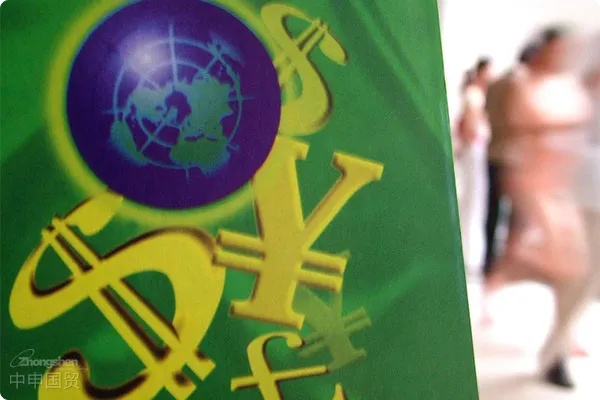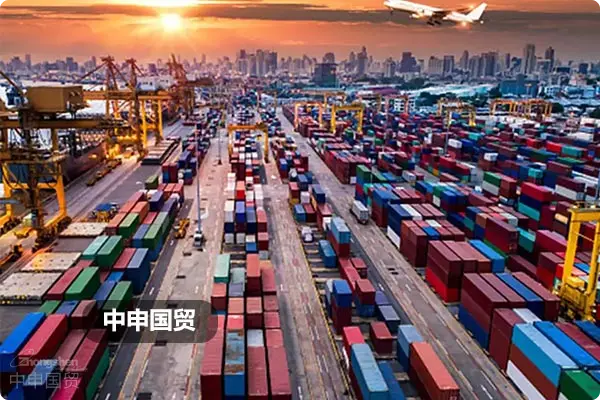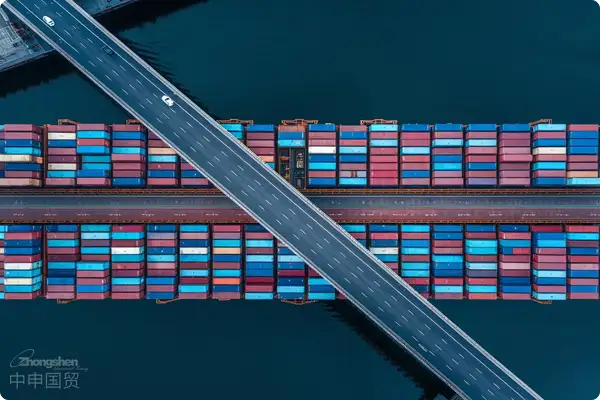- Shanghai Zhongshen International Trade Co., Ltd. - Two decades of trade agency expertise.
- Service Hotline: 139 1787 2118
Brazil has high taxes and complex tax laws. Anyone looking to do business in Brazil needs to tackle the challenge of Brazilian tax regulations. This is a practical challenge manyCross-border E-commerceface. Brazils import tax system is particularly noteworthy, as it not only affects commodity prices but also serves as an important component of trade policy. This article explores import tariff issues in Brazilian taxation, providing reference for businesses looking to expand in the Brazilian market.
Difference between import tax and tariff
In Brazil, import tax is not equivalent to tariff. Import tax is a tax payable duringImport Clearancethe process, with its tax base being the CIF value of the goods. Both individuals and commercial entities must pay import tariffs and other taxes when importing goods into Brazil. Tariff, on the other hand, is a type of tax levied onimport and exportgoods according to Brazilian law, which includes import tax.

Structure of Brazils import tariffs
In Brazil, the main components of import tariffs are II (Import Tax), IPI (Tax on Industrialized Products), and ICMS (Tax on Circulation of Goods and Services). Each port has different tax and operational fees, making Brazils port tax systems independent. All import taxes are calculated based on the CIF value of the goods, with the formula: II = CIF tax base × NCM rate.
Brazils tariff rates range from 0% to 35%, with an average rate of 22.77%, determined mainly by the exchange rate on the declaration date and the rates for different goods.
Simplified tax system and its impact on small-value goods
Brazil has implemented a simplified tax system where goods imported via mail or express courier with a value between $50 and $3,000 are subject to a fixed unified import tax of 60% of the CIF value.
Example calculation of import tariffs
For example, if you have a batch of products worth 8000 BRL with a freight cost of 1000 BRL and a product tax rate of 15%, the estimated import tariff is calculated as follows:
(1000 BRL + 8000 BRL) * 0.15 = 1350 BRL
Purpose and effects of import tariffs
One of the purposes of Brazils import tariffs is to protect domestic industries. Due to Brazils high production costs, the government uses taxation to adjust prices, enabling domestic products to compete with imports. Additionally, in cases of dumping, the Brazilian government controls dumping behavior by increasing tax rates, preventing damage to the local economy caused by price wars. Thus, import tariffs serve not only as a source of fiscal revenue but also as an effective market regulation tool.
Despite the complexity of Brazils tax system, it presents new opportunities for cross-border e-commerce. Understanding and adapting to these regulations will help businesses more efficiently explore the Brazilian e-commerce market. Companies should focus on product quality, branding, and other aspects to turn challenges into new opportunities, achieving success in the Brazilian market.
Related Recommendations
Learn
Contact Us
Email: service@sh-zhongshen.com
Related Recommendations
Contact via WeChat

? 2025. All Rights Reserved. Shanghai ICP No. 2023007705-2  PSB Record: Shanghai No.31011502009912
PSB Record: Shanghai No.31011502009912








